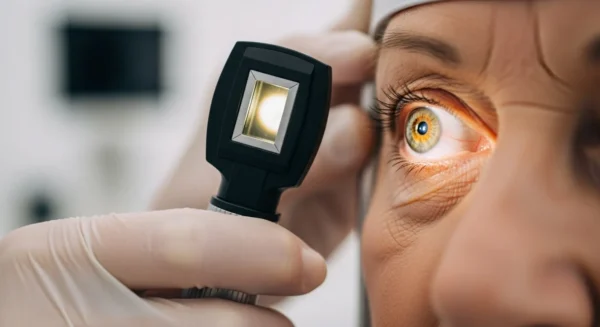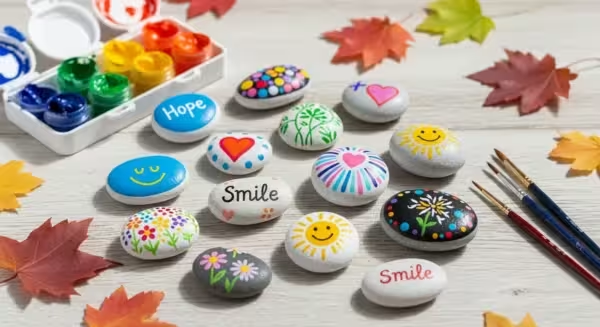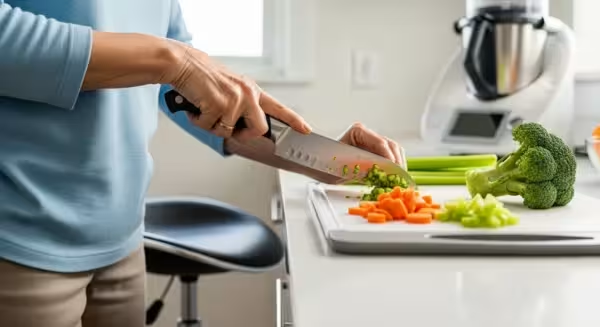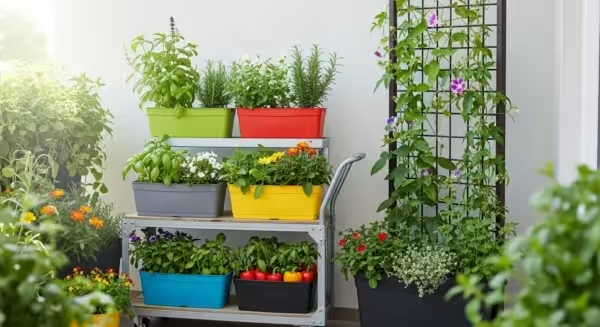
Introduction: Prioritizing Your Health with Proper Hydration
As we age, we become more attuned to the cornerstones of good health: a balanced diet, regular movement, and restful sleep. Yet, one of the most fundamental elements of our well-being is often overlooked: proper hydration. For adults over 65, drinking enough fluids is not just a healthy habit; it is a critical component of maintaining physical health, cognitive function, and overall independence. It is as vital as any medication or daily exercise routine.
You might wonder why hydration suddenly becomes such a pressing topic later in life. The answer lies in the subtle but significant changes our bodies undergo with age. Our sense of thirst can diminish, meaning we may not feel thirsty even when our body needs water. Additionally, changes in kidney function can affect how our bodies conserve water, and certain chronic conditions or medications can further increase the risk of dehydration. These factors create a perfect storm where dehydration can occur more easily and have more serious consequences.
Understanding and prioritizing hydration is a powerful act of self-care. It’s a simple, proactive step you can take every day to support your body’s complex systems, from your brain to your joints. This guide is designed to provide clear, practical advice on why staying hydrated is so important for senior health and to offer safe, manageable hydration tips to help you make it a seamless part of your daily life. Our goal is to empower you with the knowledge to protect your health and enhance your quality of life for years to come.
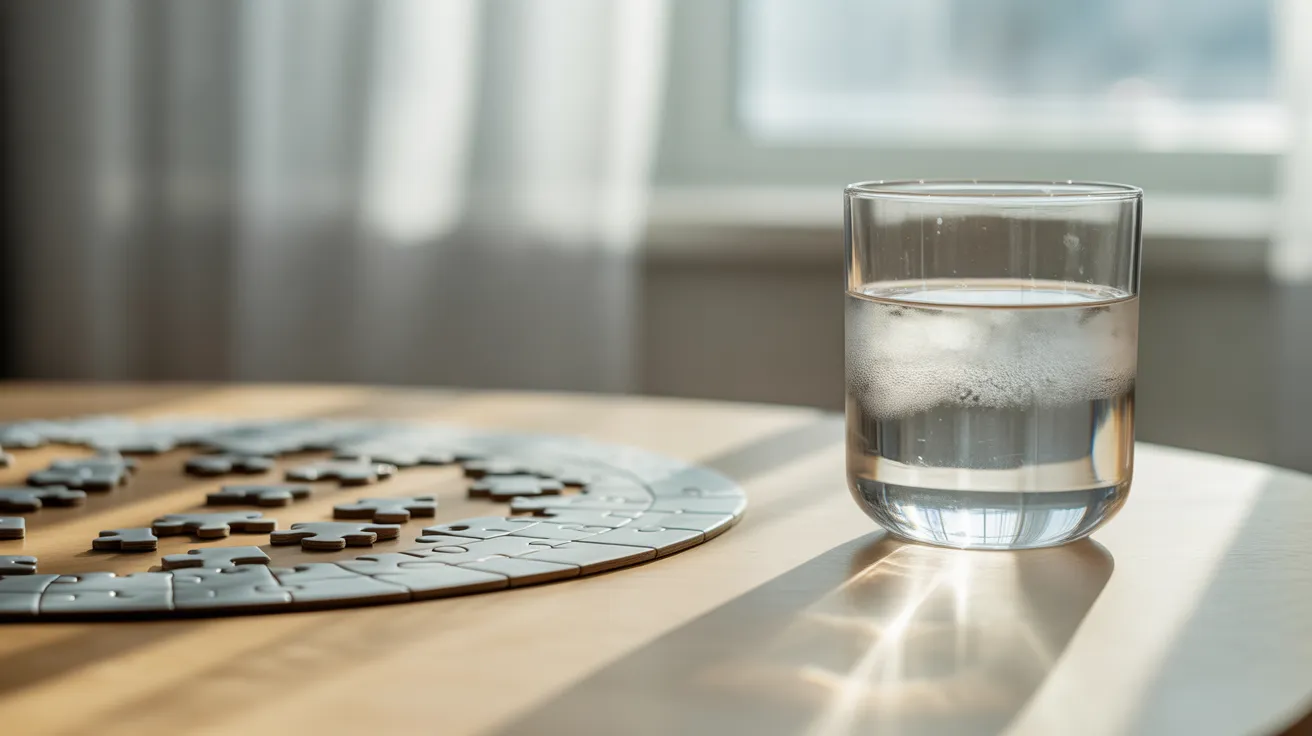
Understanding the Health Benefits of Staying Hydrated
Water is the unsung hero of our body’s daily operations. It makes up about 60% of our body weight and is involved in nearly every biological process. When we are properly hydrated, our bodies can function optimally. For seniors, the benefits are particularly pronounced and can directly impact day-to-day vitality and long-term health outcomes.
Cognitive Function and Mood Stability: Even mild dehydration can have a noticeable effect on our brain. It can lead to difficulty concentrating, short-term memory lapses, and feelings of fatigue or irritability. For older adults, these symptoms can sometimes be mistaken for more serious cognitive issues. Staying well-hydrated helps ensure that your brain receives the oxygenated blood it needs to function clearly, supporting mental sharpness and a more stable mood. Reliable senior health information from government sources can help you understand these connections. Authoritative health information for seniors is provided by the National Institute on Aging (NIA) and the Centers for Disease control and Prevention (CDC).
Supports Kidney and Digestive Health: Our kidneys are remarkable filters, working around the clock to remove waste products from our blood. Adequate water intake is essential for them to do their job efficiently. Good hydration helps prevent the formation of painful kidney stones and reduces the risk of urinary tract infections (UTIs), which are more common and can be more severe in older adults. Furthermore, water is crucial for digestive health. It helps break down food, allows the body to absorb nutrients, and softens stool, which is a key factor in preventing constipation—a common complaint among seniors.
Boosts Physical Energy and Performance: Dehydration is a leading cause of fatigue. When your body lacks sufficient fluids, your heart has to work harder to pump blood, and this extra effort can leave you feeling tired and sluggish. By staying hydrated, you help maintain your blood volume, allowing for more efficient delivery of oxygen and nutrients to your muscles. This translates to more energy for daily activities, whether it’s gardening, walking, or playing with your grandchildren.
Lubricates Joints and Regulates Body Temperature: The cartilage in our joints, which acts as a shock absorber, is composed of a large amount of water. Proper hydration helps keep this cartilage supple, reducing joint pain and stiffness associated with conditions like arthritis. Water also plays a central role in regulating body temperature through sweating. As we age, our ability to sense and respond to temperature changes can decline, making us more susceptible to heatstroke. Drinking enough fluids is a primary defense against overheating, especially during warmer months.
While the focus is on preventing dehydration, it is also important to be aware of a much rarer condition called hyponatremia, or overhydration. This occurs when you drink an excessive amount of water in a short period, diluting the sodium levels in your blood. It is most often a concern for individuals with specific health conditions, such as congestive heart failure, kidney disease, or liver disease. This is why it is so important to follow the fluid intake recommendations provided by your doctor, who understands your unique health profile.

A Step-by-Step Guide to Hydrating Safely and Effectively
Making a conscious effort to stay hydrated is one of the best things you can do for your health. The key is to be consistent and find a routine that works for you. This step-by-step guide offers practical, safety-first hydration tips to help you meet your body’s needs without feeling overwhelmed.
Step 1: Consult Your Doctor for a Personalized Plan. Before making any significant changes to your fluid intake, the most important first step is to speak with your physician. While general guidelines exist, your individual needs depend on your overall health, activity level, climate, and any medications you take. Certain conditions, like heart or kidney failure, require a restricted fluid intake. Your doctor can provide a personalized recommendation that is safe and effective for you.
Step 2: Understand Your General Fluid Needs. For healthy older adults, a common recommendation is to aim for 6 to 8 glasses (8 ounces each) of fluid per day. However, this is just a starting point. A more personalized approach is to take your body weight in pounds, divide it by two, and aim to drink that many ounces of fluid. For example, a 150-pound person would aim for about 75 ounces. Remember, this includes all fluids, not just plain water.
Step 3: Choose Your Fluids Wisely. While water is the gold standard for hydration, other beverages and even foods contribute to your daily intake.
- Water: The best choice as it’s calorie-free and readily available. To make it more appealing, try infusing it with slices of lemon, cucumber, or a few berries.
- Milk: An excellent source of hydration that also provides calcium, vitamin D, and protein.
- 100% Fruit Juice: Can be a good source of vitamins, but should be consumed in moderation due to its high sugar content. Consider diluting it with water.
- Broth and Soups: Clear, low-sodium broths are a wonderful, hydrating option, especially during colder months.
- Herbal Tea: Unsweetened herbal teas like chamomile or peppermint are great hydrating choices.
It is wise to limit sugary drinks like sodas, sweetened iced teas, and sports drinks, which can add unnecessary calories and sugar to your diet.
Step 4: “Eat” Your Water. Many fruits and vegetables have a high water content and can significantly contribute to your hydration goals. They also provide essential vitamins, minerals, and fiber. Some excellent choices include:
- Watermelon and cantaloupe
- Strawberries
- Oranges and grapefruit
- Cucumbers
- Celery
- Lettuce
- Zucchini
Incorporating a fresh salad with lunch or having a bowl of melon for a snack is an easy way to boost your fluid intake.
Step 5: Create a Hydration Schedule. Waiting until you feel thirsty is not a reliable strategy for seniors, as the thirst mechanism can become less sensitive with age. Instead, build drinking fluids into your daily routine.
- Start your day with a full glass of water right after you wake up.
- Drink a glass of water with every meal.
- Take your medications with a full glass of water.
- Set reminders on your phone or a kitchen timer to prompt you to drink every hour or two.
- Keep a reusable water bottle with you throughout the day as a visual cue.
By making hydration a habit, just like brushing your teeth, you ensure your body consistently gets the fluids it needs to thrive.

Key Signs It’s Time to Consult a Doctor
Preventing dehydration is always the best course of action. However, it is crucial to recognize the warning signs that dehydration has become serious and requires immediate medical attention. Do not wait for these symptoms to resolve on their own. If you or a loved one experience any of the following, please contact a doctor or seek emergency care right away.
1. Confusion, Dizziness, or Fainting: Severe dehydration can reduce blood flow to the brain, leading to significant confusion, disorientation, or delirium. You might feel extremely lightheaded or dizzy, especially when standing up. Fainting or losing consciousness is a clear sign of a medical emergency.
2. Rapid Heartbeat or Breathing: When you are dehydrated, your heart has to work harder to pump a lower volume of blood throughout your body. This can result in a heart rate that is faster than normal or a feeling of your heart pounding in your chest. You may also find yourself breathing more rapidly than usual.
3. Inability to Urinate or Very Dark Urine: A significant decrease in urine output is a major red flag. If you have not been able to urinate for more than eight hours, or if your urine is a very dark amber or brown color, it means your kidneys are trying to conserve every last drop of water. This indicates a severe fluid deficit.
4. Extreme Thirst and a Very Dry Mouth: While a diminished thirst sense is common, the onset of an overwhelming, insatiable thirst can be a sign of severe dehydration. This is often accompanied by a very dry mouth, cracked lips, and a swollen tongue.
5. Sunken Eyes and Lack of Skin Elasticity: When the body is severely dehydrated, the eyes may appear sunken. Another physical sign is a loss of skin turgor, or elasticity. You can check this by gently pinching the skin on the back of your hand; if it does not snap back quickly, you may be dehydrated.
6. Unexplained Lethargy or Weakness: Feeling unusually weak, tired, or unable to perform simple daily tasks can be a symptom of advanced dehydration. This goes beyond normal fatigue and can feel like a complete lack of energy.
It is especially important to be vigilant if you are experiencing vomiting, diarrhea, or a high fever, as these conditions cause you to lose fluids much more rapidly. If you have any chronic health conditions, particularly related to your heart or kidneys, you should have a very low threshold for contacting your doctor about potential dehydration.

Making Hydration a Part of Your Daily Routine
The secret to successful hydration is consistency. Integrating fluid intake into your established daily habits makes it feel less like a chore and more like a natural part of your day. The goal is to make drinking enough fluids automatic. Here are some simple, practical strategies to help you build and maintain a healthy hydration routine.
Start Your Day with Water: Before you have your morning coffee or tea, begin your day with a full glass of water. Place a glass on your nightstand the evening before as a reminder. This simple act rehydrates your body after a long night’s sleep and kickstarts your metabolism for the day ahead.
Link Drinking with Daily Activities: Connect the act of drinking water to other regular events in your day. This technique, known as “habit stacking,” is very effective. For example:
- Drink a glass of water before you leave the house for an appointment.
- Have a glass of water while you wait for your coffee to brew.
- Drink a glass of water every time you take your daily medications.
- Have a cup of herbal tea while you watch the evening news.
Keep Water Visible and Accessible: The old saying, “out of sight, out of mind,” is especially true for hydration. Keep a dedicated water bottle or a pitcher of water in a place where you will see it often, such as on the kitchen counter, your favorite side table, or next to your chair in the living room. Choose a bottle that is easy to hold and not too heavy, perhaps with a built-in straw if that makes drinking easier.
Use Technology as a Friendly Nudge: If you are comfortable with technology, use it to your advantage. Set a recurring alarm on your smartphone, a digital watch, or a smart home device to remind you to take a few sips every hour. There are even apps designed specifically for tracking water intake that can provide helpful prompts throughout the day.
Add Some Flavor: If you find plain water unappealing, there are many healthy ways to enhance its taste. Add a squeeze of fresh lemon or lime, a few crushed mint leaves, or slices of cucumber, orange, or strawberries to a pitcher of water. This natural infusion can make drinking more enjoyable without adding sugar or artificial ingredients.
Track Your Progress: Sometimes, a little visual motivation can go a long way. Use a water bottle that has measurement markings on the side so you can see your progress throughout the day. Alternatively, you can use a simple chart on your refrigerator and make a checkmark each time you finish a glass. Seeing how far you’ve come can be very encouraging.
By adopting a few of these strategies, you can transform hydration from an afterthought into a cornerstone of your daily wellness practice, helping to safeguard your health and energy levels each and every day.
Disclaimer: This article is for informational purposes only and does not constitute medical advice. The content is not intended to be a substitute for professional medical advice, diagnosis, or treatment. Always seek the advice of your physician or other qualified health provider with any questions you may have regarding a medical condition.

Frequently Asked Questions
1. How much water should a senior really drink every day?
While the old “eight glasses a day” rule is a decent starting point, there is no single answer that fits everyone. A senior’s ideal fluid intake depends on many factors, including their body weight, activity level, climate, and overall health. Medications like diuretics (water pills) can also increase fluid needs. The best approach is always to consult your doctor. They can review your health history and provide a personalized daily target that is both safe and beneficial for you.
2. Do beverages like coffee, tea, and soda count towards my daily hydration goal?
Yes, they do, but with some caveats. Caffeinated beverages like coffee and tea have a mild diuretic effect, meaning they can cause you to urinate more. However, research shows that the amount of water in these drinks more than makes up for the fluid lost, so they do contribute to your net hydration. The main concern with soda and other sugary drinks is their high sugar and calorie content, which can be detrimental to senior health. Water, milk, and unsweetened herbal tea remain the best choices.
3. Can my prescription medications affect my hydration levels?
Absolutely. This is a very important consideration for older adults, who are more likely to be taking multiple medications. Diuretics, often prescribed for high blood pressure or heart failure, are designed to remove excess fluid from the body and can easily lead to dehydration if you don’t drink enough to compensate. Other medications, such as some laxatives or antihistamines, can also contribute to fluid loss. It is essential to discuss all your medications with your doctor or pharmacist to understand how they might impact your hydration needs.
4. Is treatment for severe dehydration covered by Medicare?
Yes. If dehydration becomes severe enough to require medical intervention, it is considered a medical condition. In such cases, Medicare would typically provide coverage. For example, if you are admitted to a hospital for treatment, which may include intravenous (IV) fluids, Medicare Part A (Hospital Insurance) would cover the inpatient stay. If you are treated in an emergency room or a doctor’s office, Medicare Part B (Medical Insurance) would cover the services. For specific questions about your plan and coverage, it’s always best to consult official resources. For insurance and medical coverage questions, refer to Medicare.gov.
5. Besides drinking more, what are some of the most hydrating foods I can eat?
Eating your water is a fantastic strategy for preventing dehydration. Many fruits and vegetables are over 90% water by weight. Some of the top hydrating foods include watermelon, cantaloupe, strawberries, cucumbers, celery, lettuce (especially iceberg), zucchini, and bell peppers. Soups, broths, smoothies, and yogurt are also excellent, fluid-rich options that can help you meet your daily goals while providing valuable nutrients.
|
Fact-Checked Content
Our editorial team reviews all content for accuracy and updates it regularly. Learn about our editorial process →
|






